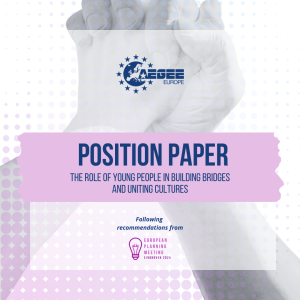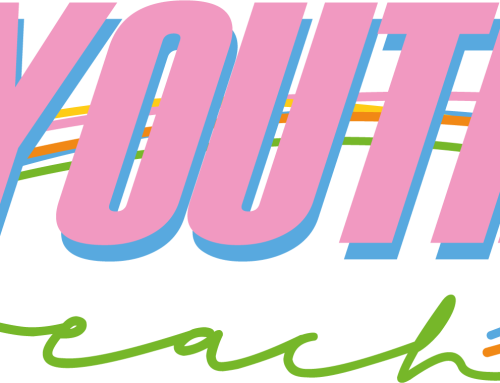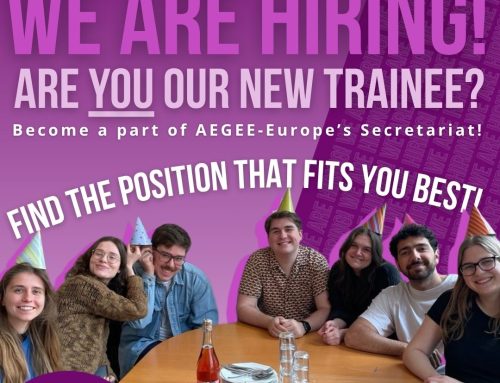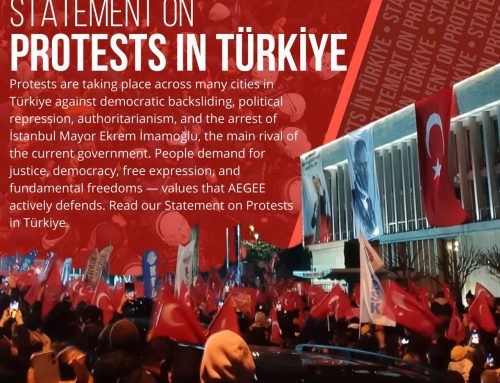
Position paper written by Martyna Zapalska and Lena Sobczyńska.
And was supported by Teddy van Amelsvoort.
In an era of unprecedented global connections, our world still faces persistent conflicts and deep-rooted divides. At AEGEE-Europe, we believe young people have the power to bring upon positive change. Our recent position paper on the role of young people in building bridges and uniting cultures reflects our commitment to fostering open dialogue, promoting cultural exchange and awareness and youth leadership across Europe.
Inspired by our conference last February in Eindhoven, where young people gathered to explore topics like diversity, inclusion and the role of youth in shaping a more united society, this paper highlights the critical role of young people in shaping a peaceful, inclusive and open-minded society. With this paper we try to amplify the voices of young Europeans dedicated to fostering peace, unity, and cross-cultural understanding.
We call on policymakers, educators and young leaders to join us in this mission. By empowering youth to lead, engage in dialogue, and promote cross-cultural exchange, we can build a stronger, more united Europe.
Key recommendations include:
- Open Dialogue and Facilitating Cross-Cultural Understanding:
We urge municipalities, educational institutions, NGOs, and citizens to organise cultural festivals, events, exchange programs, and safe spaces to encourage dialogue on diversity and inclusion. - Promoting Civic Engagement and Participation:
We urge municipalities and educational institutions to create platforms for community input, mentorship programs, and youth councils. We urge youth organisations to focus on empowering young people and raising awareness of their civic responsibility and opportunities. - Transparency and Accessibility in Governance:
We urge governments to use clear communication, make information accessible, and create engagement opportunities for citizens in decision-making. - Advocating for Accessibility and Inclusion:
We urge governments and NGOs to fund and support initiatives focused on physical and digital accessibility, engage with marginalised communities, and promote inclusive policies. - Enhancing Existing Education and Non-Formal Education Practices:
We urge educational institutions to update curricula to promote inclusion, train staff, and address biases. We urge NGOs and employers to recognize non-formal education and collaborate to improve educational practices.
Read the full position paper at [LINK] and join the conversation. Together, we can drive positive societal change.



